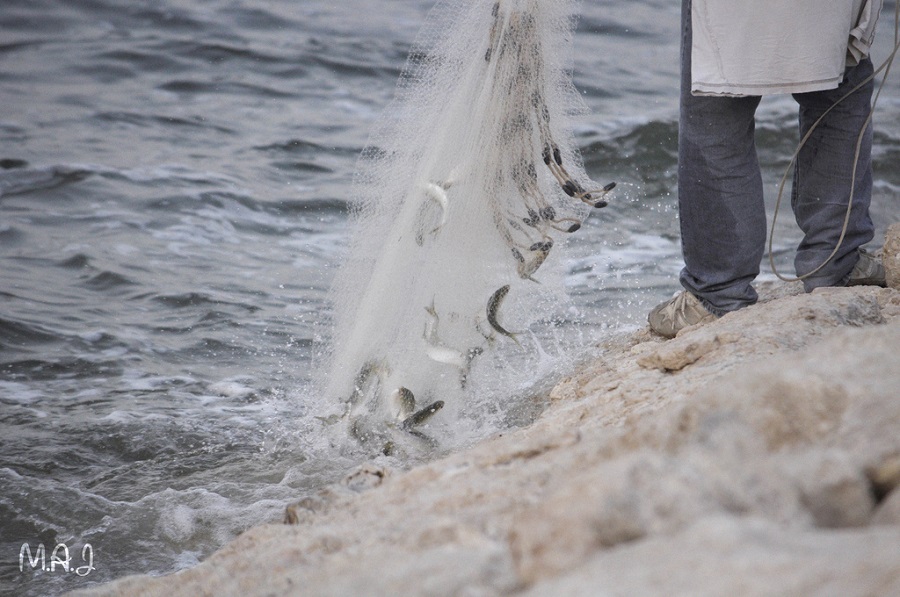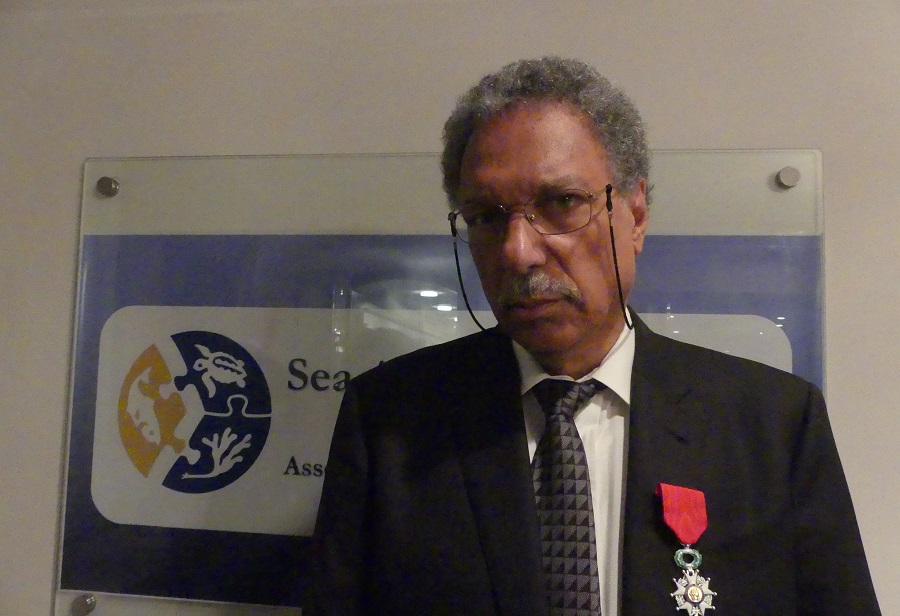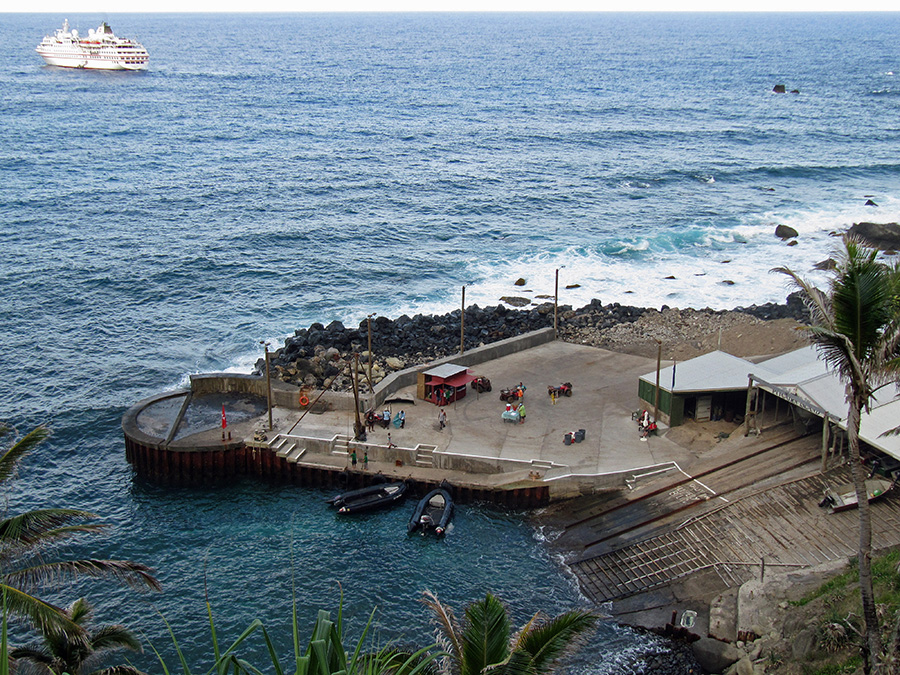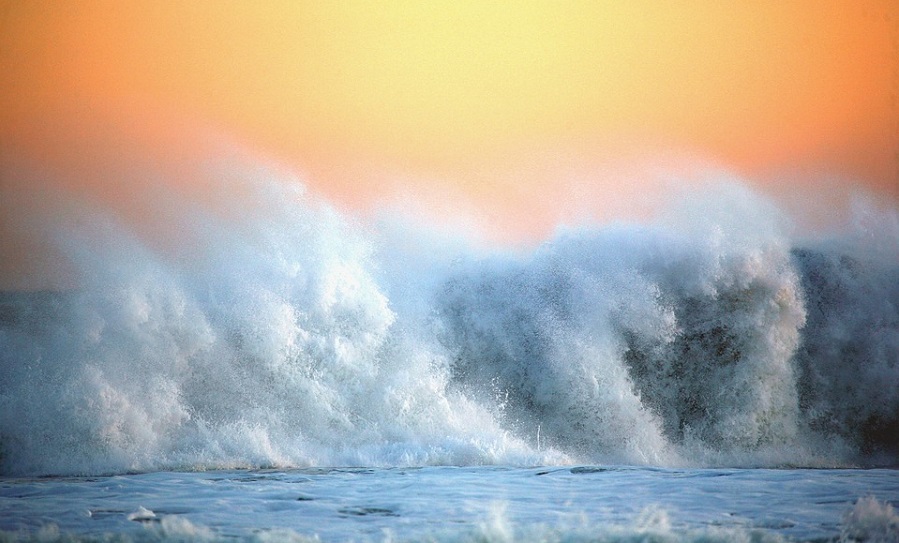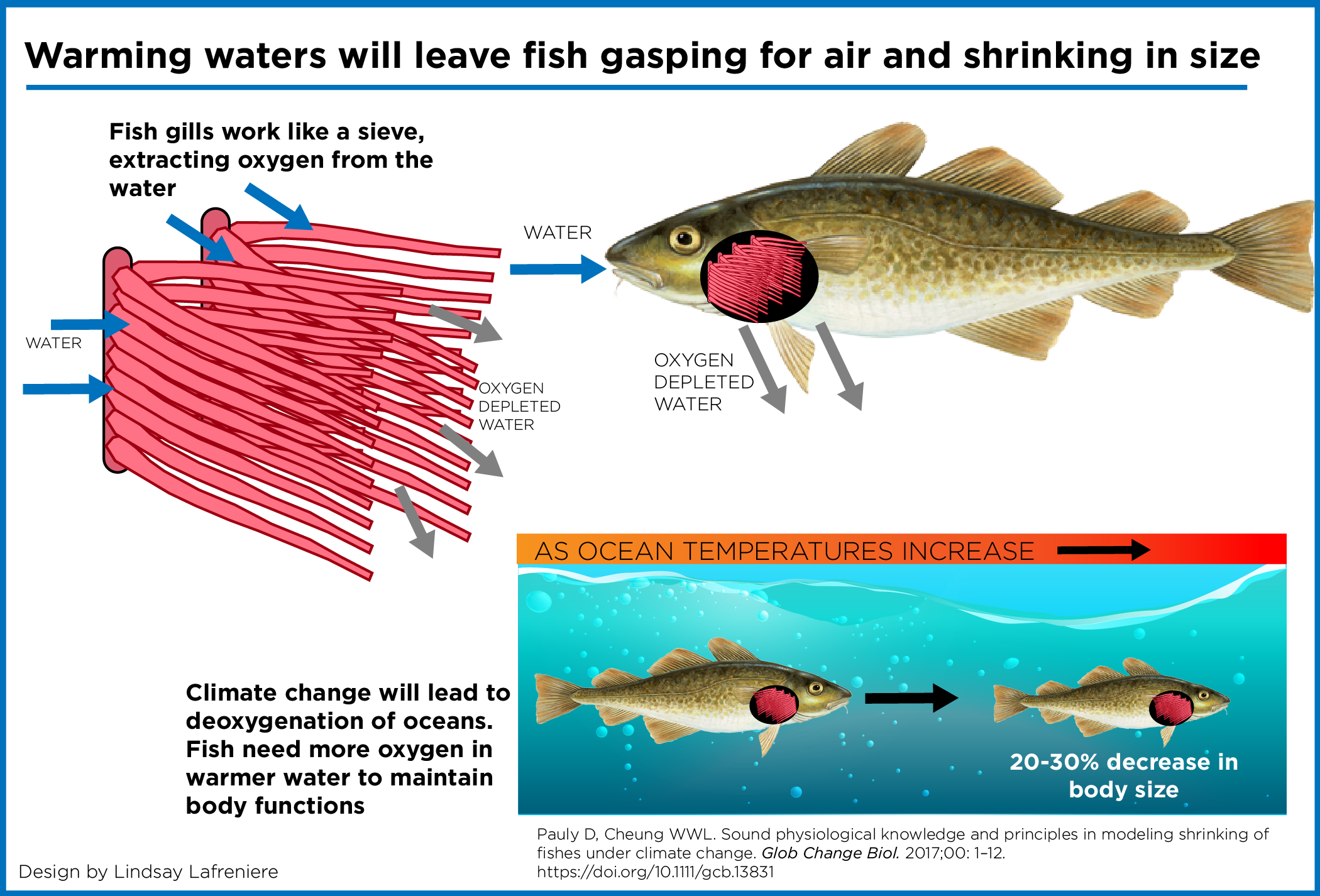The Persian Gulf may lose up to 12 per cent of its marine biodiversity in some areas before the end of the century if countries in the region do not take measures to address climate change.
According to scientists at the University of British Columbia and the University of Western Australia, a business-as-usual climate scenario will severely affect species richness off the coast of Saudi Arabia, Bahrain, Qatar and the United Arab Emirates (UAE) by the end of the century.


